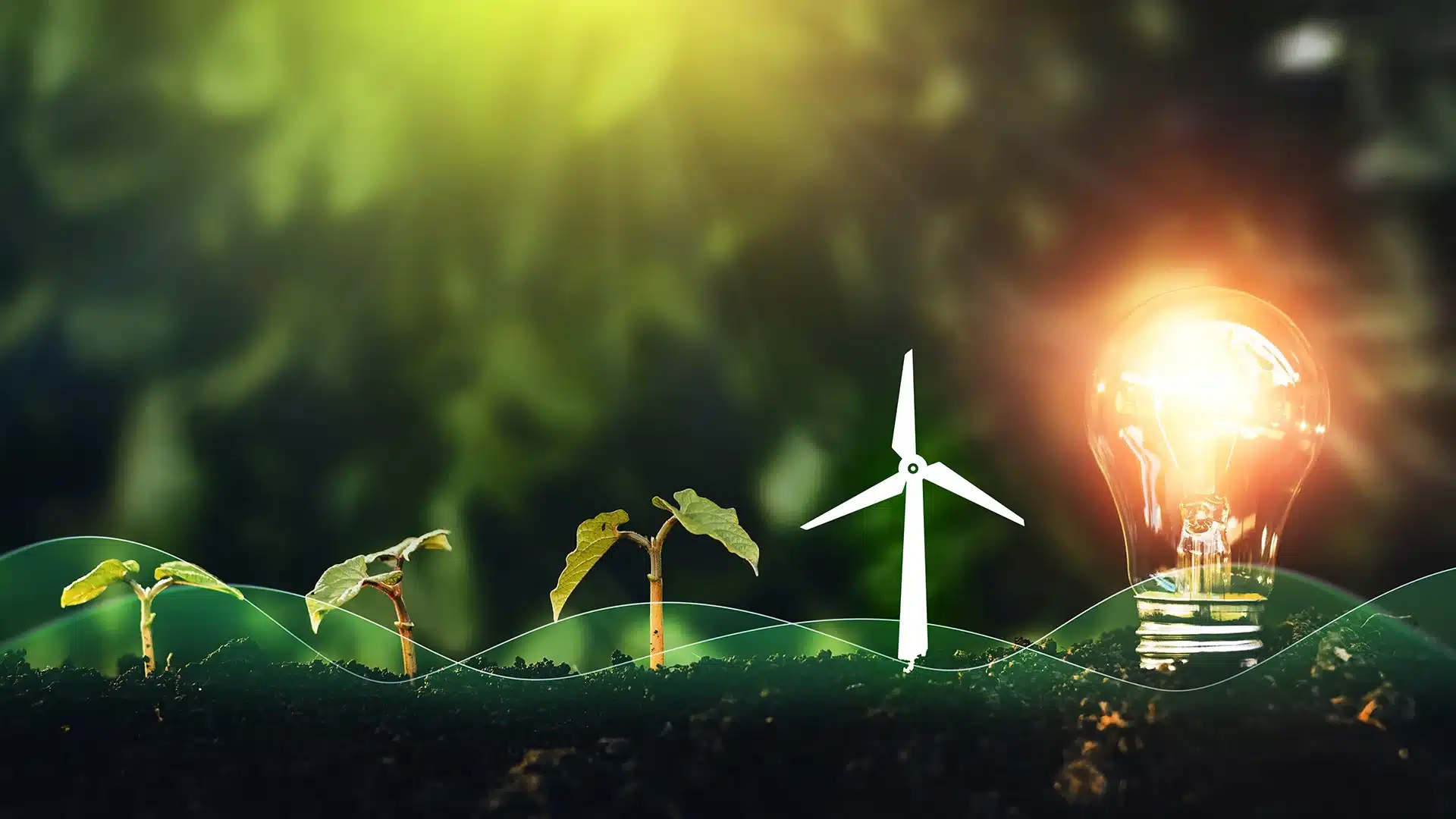
In recent years, the most significant advances in renewable energy have transformed the way we produce and consume energy. These developments have been crucial to addressing the challenges of climate change and reducing our dependence on fossil fuels.
With new technologies and growing investment, renewable energy is becoming one of the main alternatives for a more sustainable future. The search for clean energy sources has led to innovation in various areas, such as solar, wind, biomass, and even tidal energy.
These advances not only increase the efficiency of renewable sources but also make their use more accessible on a large scale. As a result, governments, businesses, and consumers are increasingly committed to the transition to a greener energy model.

In this article, we'll explore the most significant advances in renewable energy, from innovative technologies to practices you can adopt to contribute to this transformation. We'll also provide a detailed step-by-step guide to leveraging the benefits of these solutions in your daily routine and how these advances are shaping the future of the planet.
Solar energy is one of the areas that has made the most progress in recent years. New-generation solar panels, such as those using perovskite technology, have demonstrated greater efficiency in converting sunlight into electricity. This innovation reduces costs and increases accessibility for residential and commercial consumers.
Another trend is the development of solar energy storage systems. More efficient batteries, such as lithium-ion batteries, allow energy captured during the day to be used at night, ensuring a constant and reliable supply. Furthermore, the growth of solar microgrids has enabled access to energy in remote communities, promoting energy inclusion.
These advances make solar energy an increasingly viable and economical option, contributing significantly to the reduction of carbon emissions on a global scale.
Wind power has also benefited from significant technological advances. Larger, more efficient turbines are being developed, enabling energy generation with fewer units and a lower environmental impact.
A notable example is the emergence of offshore turbines, installed on the high seas, which take advantage of stronger and more constant winds.
Furthermore, the integration of artificial intelligence (AI) into wind farm management has optimized energy production.
AI allows us to predict weather patterns and automatically adjust turbines to maximize their efficiency. This type of technology has helped overcome logistical and environmental challenges, making wind energy a leading renewable energy source.
With these advances, wind energy continues to gain ground as a clean, efficient, and essential solution for the global energy mix.
Advances in biomass and biofuels demonstrate how reusing waste can generate energy sustainably. More modern technologies have enabled the conversion of agricultural, forestry, and even urban waste into thermal or electrical energy.
One of the biggest highlights is the use of biodigesters, which transform organic waste into biogas and biofertilizers. This solution not only reduces waste but also promotes a circular economy, where waste from one process is used as a resource in another.
Advanced biofuels, such as second-generation ethanol, produced from cellulose, are also gaining traction. They represent a viable alternative to replacing fossil fuels in sectors such as transportation and industry.

Adopting renewable energy in your home may seem complex, but with technological advances, the process has become more accessible. Here's a step-by-step guide to get started:
By following these steps, you can reduce your energy costs, minimize your environmental impact, and contribute to a more sustainable future.
The future of renewable energy is promising, with numerous innovations on the horizon. Technologies such as hydrogen fuel cells and nuclear fusion are being developed to complement existing sources.
Nuclear fusion, in particular, promises to be an inexhaustible source of clean energy, but still faces technical challenges for its large-scale implementation.
Another significant advancement is the use of blockchain to manage decentralized energy networks. This technology facilitates the direct exchange of energy between consumers and producers, promoting a more efficient and collaborative economy.
Furthermore, government policies and international commitments, such as the Paris Agreement, are driving investment and innovation in the sector. As a result, renewable energy is expected to become the primary energy source in several regions in the coming years.
You most significant advances in renewable energy are not only transforming the energy sector, but also promoting a global shift towards more sustainable practices.
From improvements in solar and wind technologies to innovative biomass and biofuel solutions, the future of clean energy has never been brighter.
Adopting these solutions, whether individually or collectively, is essential to mitigating the effects of climate change and ensuring a healthier planet for future generations.
With this guide, you're ready to understand key trends and take the first step toward a world powered by clean, renewable energy.